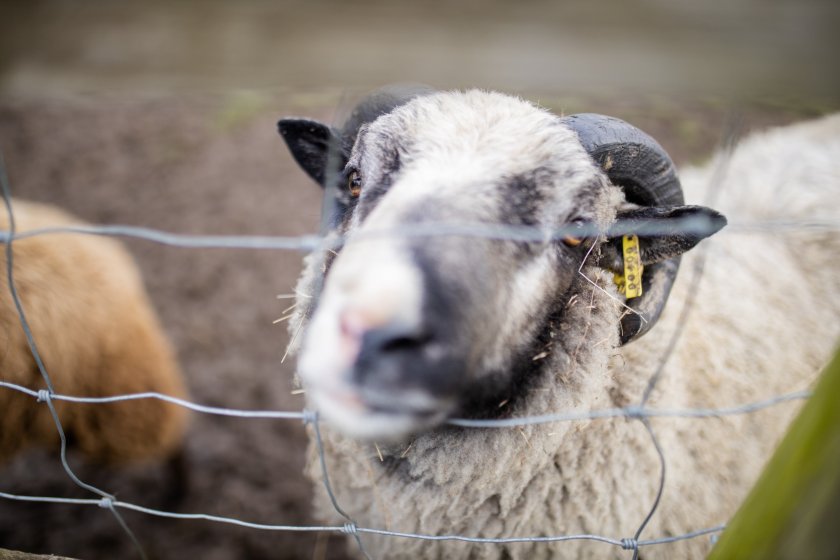
Free testing for bluetongue is now available for animals moving from the highest risk counties to live elsewhere in Britain, Defra has confirmed.
Testing will also be available for animals to be sold at a market within a high-risk county where there will be buyers from outside the high-risk counties.
The move by the government aims to help guard against animal movements potentially transporting undetected disease to new areas.
Defra said farms close to the coast in counties along the east coast, from Norfolk to Kent, and along the south coast, from Kent to Devon, are at highest risk of bluetongue incursion.
The government recently set out its plans to minimise the impact of a likely outbreak of bluetongue as experts fear a surge in cases over the coming months.
It follows the Animal and Plant Health Agency (APHA) confirming a 'very high' probability of a new introduction of bluetongue into livestock in Britain via infected biting midges being blown over from northern Europe.
The UK’s chief veterinary officer, Christine Middlemiss has urged farmers to remain vigilant for bluetongue virus.
She said: “Bluetongue does not pose a threat to human health or food safety, but the disease can impact livestock farms, and cause productivity issues.
“We know that the likelihood of bluetongue virus entering Britain is increasing and so I would urge farmers to remain vigilant and report any suspicions to APHA.
“If you intend to move animals to live out of high-risk counties please take advantage of this free testing as it will help stop the movement of undetected disease.”
Last November, government vets identified the first case of the disease in Britain through the annual bluetongue surveillance programme.
There are currently no live cases of bluetongue virus and Defra said there was 'no evidence' that bluetongue virus was presently circulating.
However, the seasonal low vector period has ended, meaning biting midge activity has increased with the warmer spring weather.
APHA chief executive, David Holdsworth added: “The Animal and Plant Health Agency’s world-leading scientists, vets and field teams stand ready to tackle an outbreak of bluetongue virus.
“We will continue to work closely with farmers and animal keepers to ensure they are kept up to date and supported during any outbreak.”
